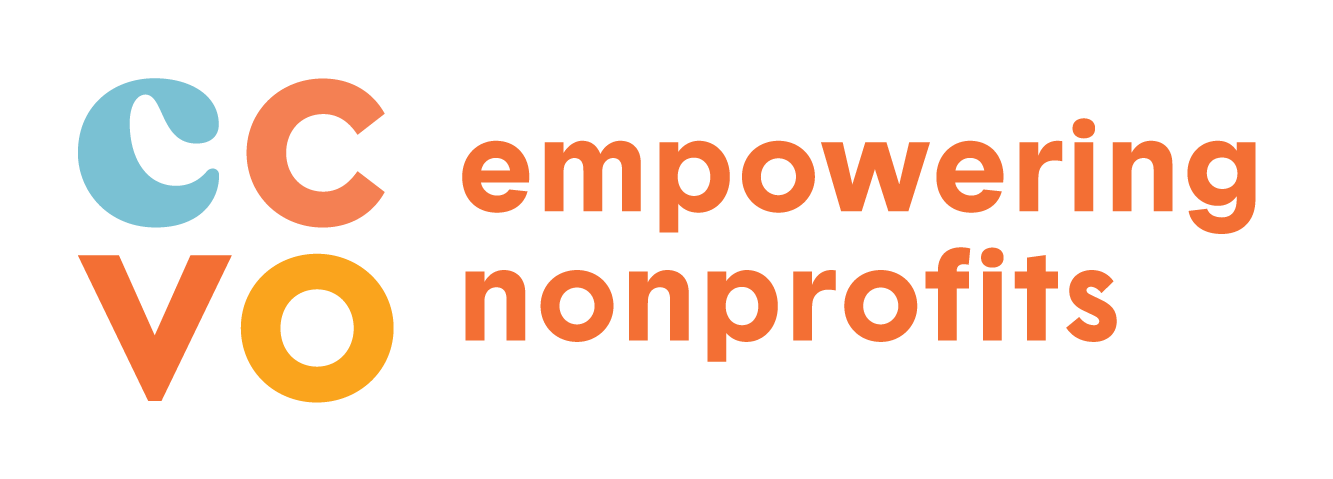Government of Alberta Tables Bill 47: Ensuring Safety and Cutting Red Tape Act
On November 6, the Government of Alberta introduced and passed the First Reading of Bill 47, the Ensuring Safety and Cutting Red Tape Act, 2020. The bill proposes a number of changes to the Occupational Health and Safety Act (OHS Act) and the Workers’ Compensation Act and creates a new Heroes’ Compensation Act.
The bill would end the mandatory requirement for employers to reinstate injured workers with more than 12 months of service, and reinstate the insurable earnings cap to a maximum that would be set by the Workers’ Compensation Board (WCB) using a formula. The bill also proposes to close the independent Fair Practices Office and Medical Panels Office that help injured workers make their way through the WCB system. It also proposes the creation of the Heroes Fund for first responders, which is a one-time, tax-free payment of $100,000 to families of first responders who pass away as a result of performing their duties. The Heroes Fund is a $1.5 million per year commitment in Budget 2020.
We have outlined some of the proposed changes and their impacts below. This is not an exhaustive list nor is this legal advice. We encourage your organization to be mindful of the full list of proposed changes, which can be accessed here.
Proposed changes to the Workers’ Compensation Act
Many of the Workers’ Compensation Act changes reduce WCB premiums for employers and intend to reduce red tape. A closer look at the bill provides us with the assumption that red tape and WCB premiums do not serve to benefit workers. These changes return the Act to pre-2018 changes that do not provide workers with higher workplace standards and worker rights.
Insurable earnings cap for injured and ill workers and cost of living adjustments
Current act: Injured or ill workers receive 90 percent of the estimated loss of net earnings. The current act also covers cost of living adjustments for workers who are injured or ill.
Proposed changes: The maximum insurable earnings cap for injured or ill workers will be reinstated. The new act removes the reference 90 percent and leaves it to the WCB to determine a fair compensation level.
The cost of living adjustments is now in the discretion of the WCB. Reinstating the insurable cap limits the amount of wages eligible for compensation and eliminates automatic cost of living increases.
Coming into force: January 1, 2021
PTSD Presumptions
Current act: The presumptive coverage for psychological injuries includes all workers.
Proposed changes: The presumptive coverage for psychological injuries is limited to the following occupations: first responders, correctional officers, emergency dispatchers, firefighters, police officers, peace officers, and paramedics. Workers outside of these occupations can apply for work-related psychological injury claims through the regular claim process.
Coming into force: January 1, 2021
Obligation to reinstate injured workers
Current act: Employers are required to reinstate a worker who has been unable to work as a result of an injury.
Proposed changes: Rehiring an injured or ill worker is no longer an obligation for employers which may put workers at risk due to the loss of income, and puts more power into the hands of employers.
Coming into force: April 1, 2021
Health benefit plans
Current act: Employers are required to contribute to health benefits plans for an employee who is absent from work as a result of an injury.
Proposed changes: Employers are no longer obligated to do so but may provide health benefits voluntarily. This can have impacts that cut off employees from important and sometimes essential health coverage.
Coming into force: April 1, 2021
Duty of workers and employer to cooperate
The proposed changes add an obligation to workers to take all reasonable action to mitigate their loss of income that result from an injury. It also provides employers of the injured worker incentive to cooperate and achieve results to return the injured worker back to work. There are penalties for the injured worker if they fail to cooperate with vocational rehabilitation demands which can result in the WCB reducing or suspending their compensation payments. However, employers must accommodate injured workers under human rights legislation.
Coming into force: April 1, 2021
Appeals time limit reduced
Current act: Injured workers and employers have two years to appeal a WCB decision.
Proposed changes: Injured workers and employers now have one year to appeal a WCB decision.
Coming into force: April 1, 2021
Alberta Fair Practices Office and Medical Panels Office closed
Current act: The Fair Practices Office is an independent office that looks at the process that was used to reach a decision. It also provides workers with advice and assistance with appeals and fairness reviews. The Medical Panels Office is also an independent office that resolves the differences in medical opinion. Currently, the act helps workers navigate the system through these independent offices.
Proposed changes: Both independent offices will be closed if the bill is passed. However, a new office, the Fairness Review Officer, is set up under the oversight of the WCB.
Coming into force: April 1, 2021
Proposed changes to the Occupational Health and Safety Act
The proposed changes to the OHS Act has been replaced with a new act that replaces changes made in 2018. The new act proposes a number of sweeping changes that will come into force on September 1, 2021 if the bill is passed. Bennet Jones provides a summary of some of the proposed changes to the OHS Act which can be accessed here; Dentons also provides a summary of the changes which can be accessed here.
The proposed changes outlined in Bill 47 are significant and, if enacted, will have a considerable impact on the workplace health and safety regulations in Alberta. CCVO will provide you with updates regarding Bill 47 as advancements are made.
